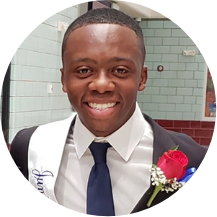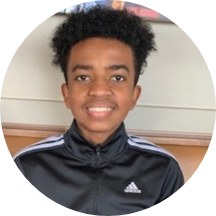Equitable Computer Science
Reimagining Equitable Computer Science Education
Our Work
The Equitable CS Curriculum Initiative is a multi-year endeavor designed to create engaging computer science education experiences for children and youth in grades K-12. We will achieve this through intentional and collaborative efforts that dismantle racism and bias (individual and institutional), center CS learning on student assets, culture, and experience, and elevate the value that families and communities bring to the learning process.
Ultimately, we aim to ensure CS educators and education systems are equipped with resources needed to create and develop engagement, identity, and persistence in computing pathways for Black, Latinx, Native American and girls, and gender non-binary students, to ensure they have opportunities to pursue computing pathways in college and career.
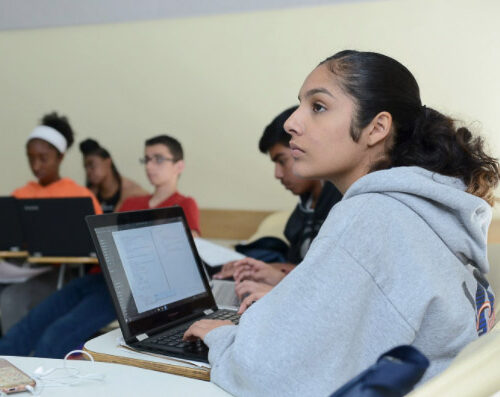





Addressing the Issue
Culturally Responsive-Sustaining Computer
Science Education: A Framework
In June 2021, Kapor Center released the CRCS Framework, developed in partnership with a national collective of education advocates to create more pathways for Black, Latinx, Native American, and other marginalized students to computer science education, tech careers, and STEM-related fields. This work will continue to grow and take shape as the need for CS education becomes more prevalent in communities across the country and educators seek new opportunities to lead positive change.
Culturally Responsive/Sustaining CS Classroom Resources
Culturally responsive-sustaining computer science pedagogy ensures that students’ interests, identities, and cultures are embraced and validated, students develop knowledge of computing content and its utility in the world, strong CS identities are developed, and students engage in larger socio-political critiques about technology’s purpose, potential, and impact. To provide tangible examples for expanding equitable and just computer science outcomes at the K12 level, we have developed a set of resources for teachers, school administrators, computer science instructional coaches, district administrators, and curriculum providers. These practical resources are intended to enhance integration of the CRCS Framework core components, CRCS instructional practices, CRCS pedagogical skills, and other computer science resources and are suitable for usage by any stakeholder in K12 computer science. We will be updating and adding to these resources to share broadly with the K-12 CS community.
Instructional/Pedagogical Tools
Classroom Instructional Strategies
National Advisory Board
The National Advisory of the Equitable CS Curriculum Initiative is a dynamic collaborative of thought leaders with expertise in such disciplines as racial equity, social justice, community building, education, and computer science education. Their insights, experiences, and recommendations have provided the foundation for the project’s efforts to achieve collective impact among CS educators, researchers, policymakers, students, and other advocates in K-12 schools.
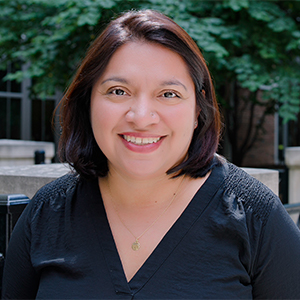
Dr. Patricia Garcia
Assistant Professor, the University of Michigan
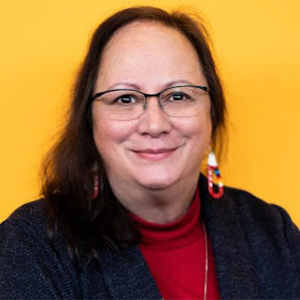
Ruth BlackHawk Cameron
CEO Senior Programs Curriculum Officer, American Indian Science & Engineering Society
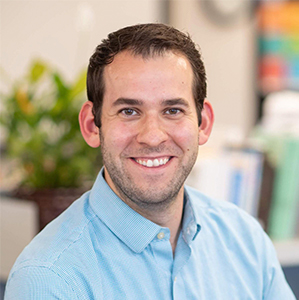
Bryan Twarek
Director of Education, the Computer Science Teachers Association

Dr. Yolanda Sealey-Ruiz
Associate Professor, Columbia University
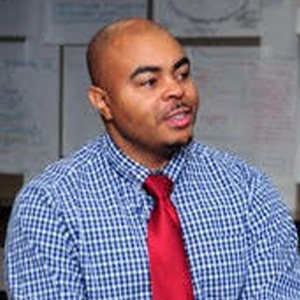
Dr. Bryan Brown
Associate Professor of Education, Stanford University
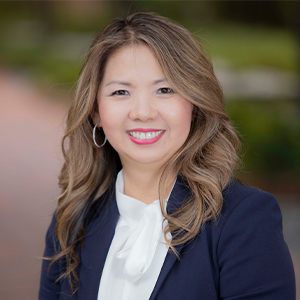
Lien Diaz
Founding Director, Constellations Center for Computing, Georgia Tech
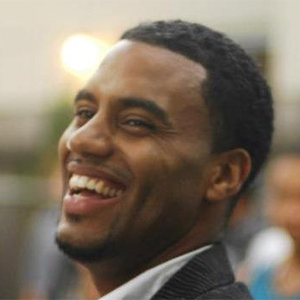
Olatunde Sobehemin
CEO, StreetCode Academy
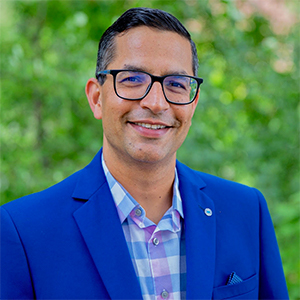
Dr. Aman Yadav
Faculty Director/Teacher Education Programs, Michigan State University
National Student Leadership Team
In Fall of 2020, Kapor Center held a national search to identify a group of young leaders to form the 2020-2021 inaugural cohort of the Equitable CS National Student Leadership Team. Meeting bi-monthly, nine high school students representing seven states in nine communities throughout the U.S., gathered for thoughtful discussions exploring computer science and technology, leadership development, and unique opportunities to network with leaders in the field of racial equity, social justice, education, and computer science through live video conference sessions. These student leaders have proven themselves invaluable in articulating their vision for achieving equity in CS classrooms for themselves and their peers.
To learn more about this dynamic group of youth and their experiences: Watch: Elevating Student Voice: Student Solutions to Achieving Equity in CS Education.




